In recent times, the Ministry of Culture, Sports and Tourism has continuously issued documents requesting localities to improve the protection and promotion of the value of relics. However, in reality, there are still many cases of relic restoration and embellishment that do not comply with legal regulations, violate the appraisal content of specialized agencies, seriously affect the value of heritage and create negative public opinion in society.
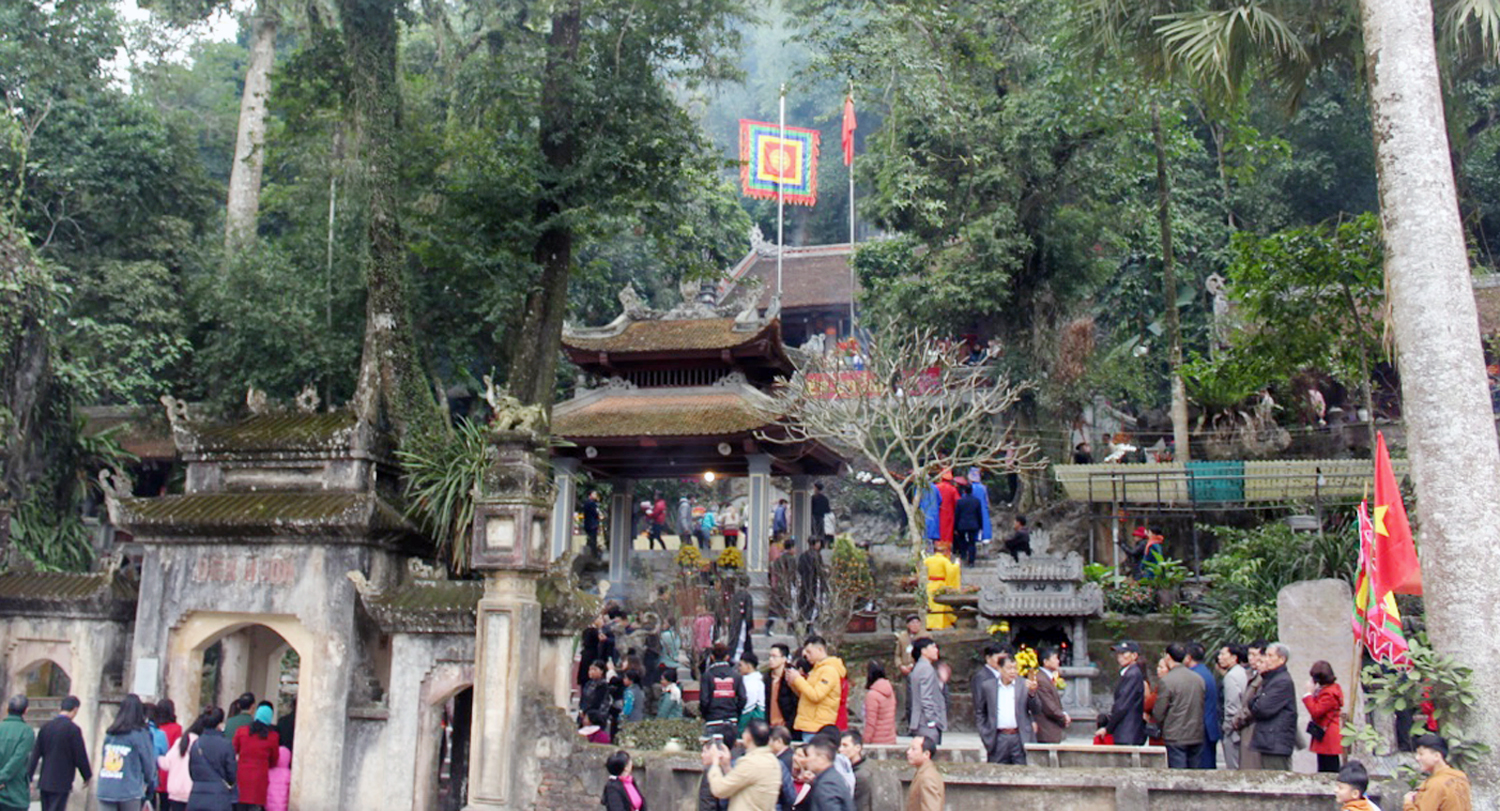
The restoration project of Duom Temple (Thai Nguyen) is one of the hot topics on forums recently - Photo: Quang Son
Faced with this situation, the Ministry of Culture, Sports and Tourism requires localities to tighten the process of inventorying and classifying relics, ensuring that restoration and repair work must be carried out in accordance with appraisal and approval. At the same time, strictly implement the Law on Cultural Heritage and regulations related to investment and construction, regardless of the budget source used.
The Ministry of Culture, Sports and Tourism emphasized the important role of publicizing information about projects to preserve, restore and renovate relics before implementation, in order to create consensus in the community. Widely disseminating information about the meaning and value of relics will help local people raise awareness, while promoting participation and contributions from the community.
In addition, localities need to closely coordinate with press and media agencies to disseminate laws on cultural heritage, helping managers, businesses and people better understand new regulations in this field.
The Ministry of Culture, Sports and Tourism requires stepping up inspection, examination and supervision to ensure that restoration and embellishment projects are carried out in accordance with procedures and do not distort the original value of the relics. Violations will be strictly handled to avoid distortion or loss of the identity of cultural heritages.
At the same time, localities need to balance heritage conservation with socio-economic development and tourism, ensuring that cultural heritage becomes a sustainable resource serving the community.
The Ministry of Culture, Sports and Tourism also noted that from July 1, 2025, the Law on Cultural Heritage (Law No. 45/2024/QH15) will officially take effect. Accordingly, the People's Committees of provinces and cities will be fully responsible for the management, protection and promotion of cultural heritage values in their localities.
The Ministry recommends that localities proactively develop plans to implement the Law, and at the same time organize extensive training and propaganda to ensure unified and effective implementation.
Nguyen Hoang
Source: https://www.congluan.vn/de-nghi-siet-chat-quan-ly-bao-ton-di-tich-tren-ca-nuoc-post340326.html



![[Photo] Prime Minister Pham Minh Chinh chairs meeting to remove difficulties for projects](https://vstatic.vietnam.vn/vietnam/resource/IMAGE/2025/3/30/7d354a396d4e4699adc2ccc0d44fbd4f)
![[Photo] Ministry of Defense sees off relief forces to the airport to Myanmar for mission](https://vstatic.vietnam.vn/vietnam/resource/IMAGE/2025/3/30/245629fab9d644fd909ecd67f1749123)







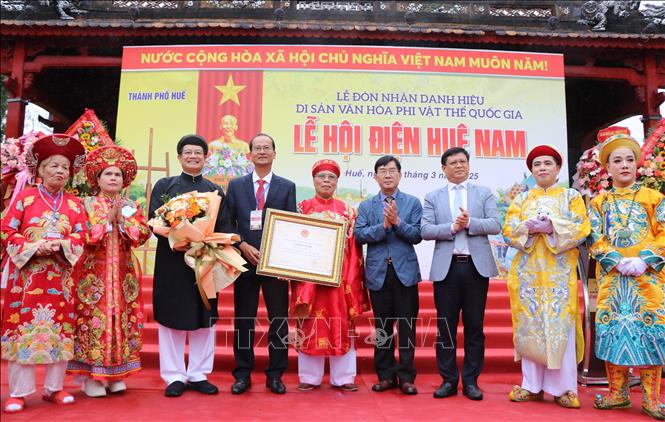

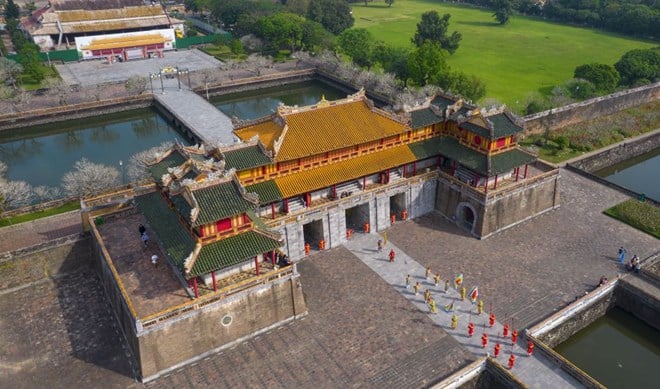

















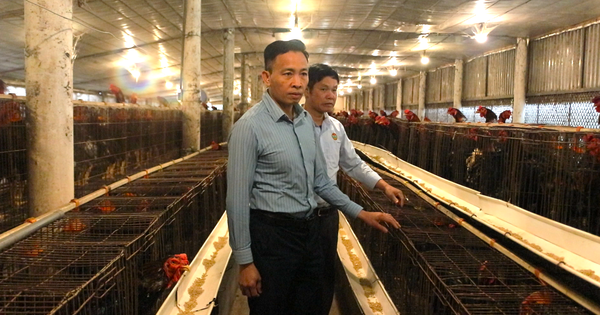













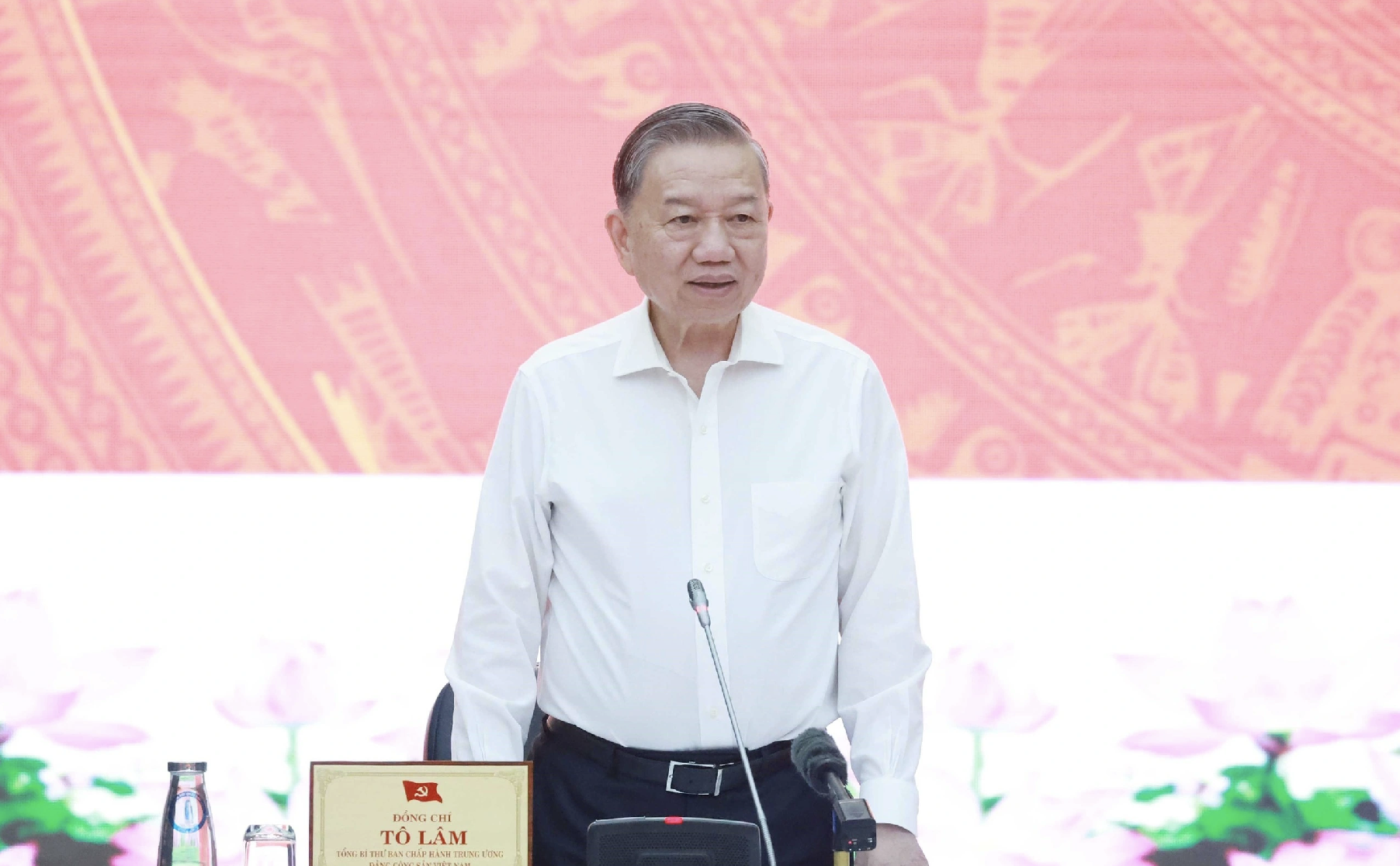





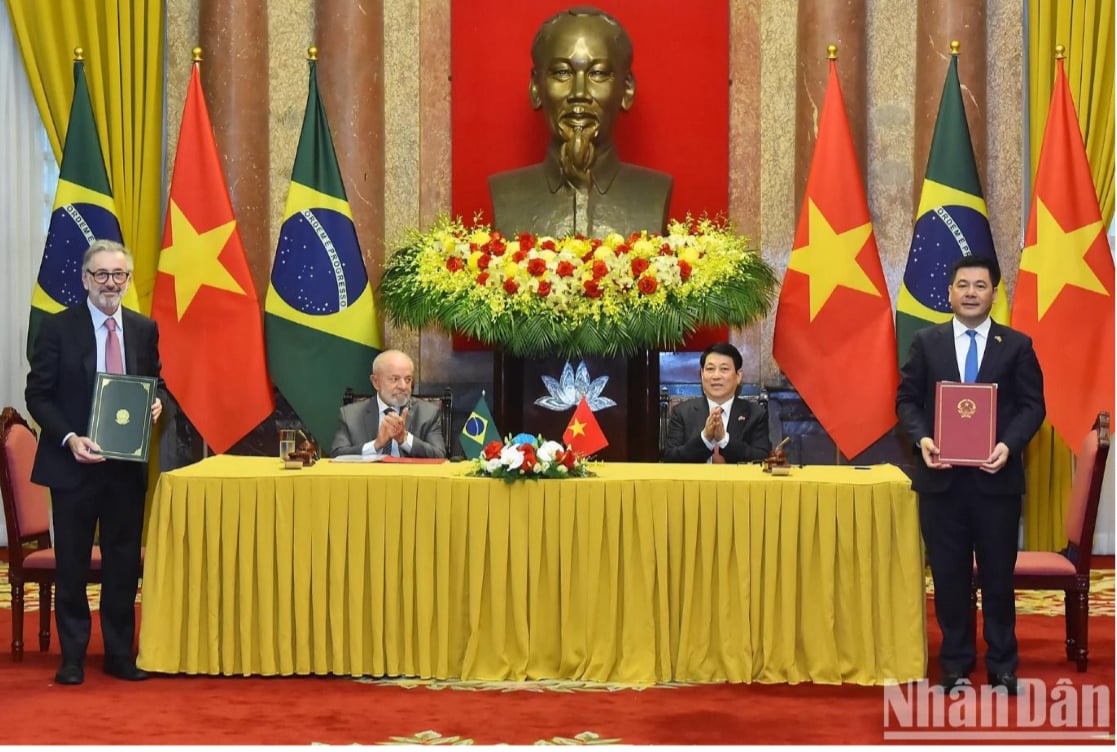

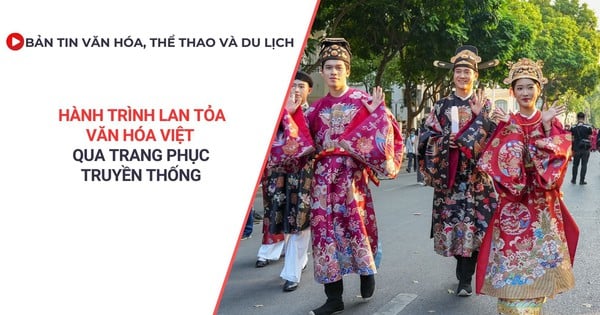

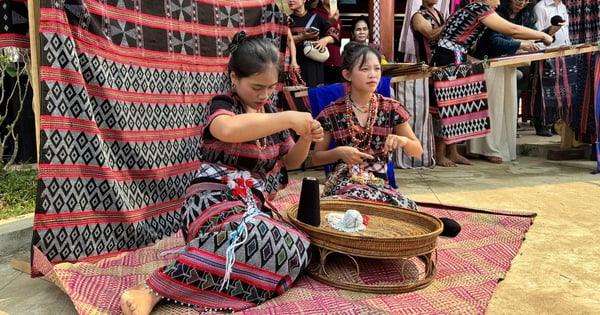


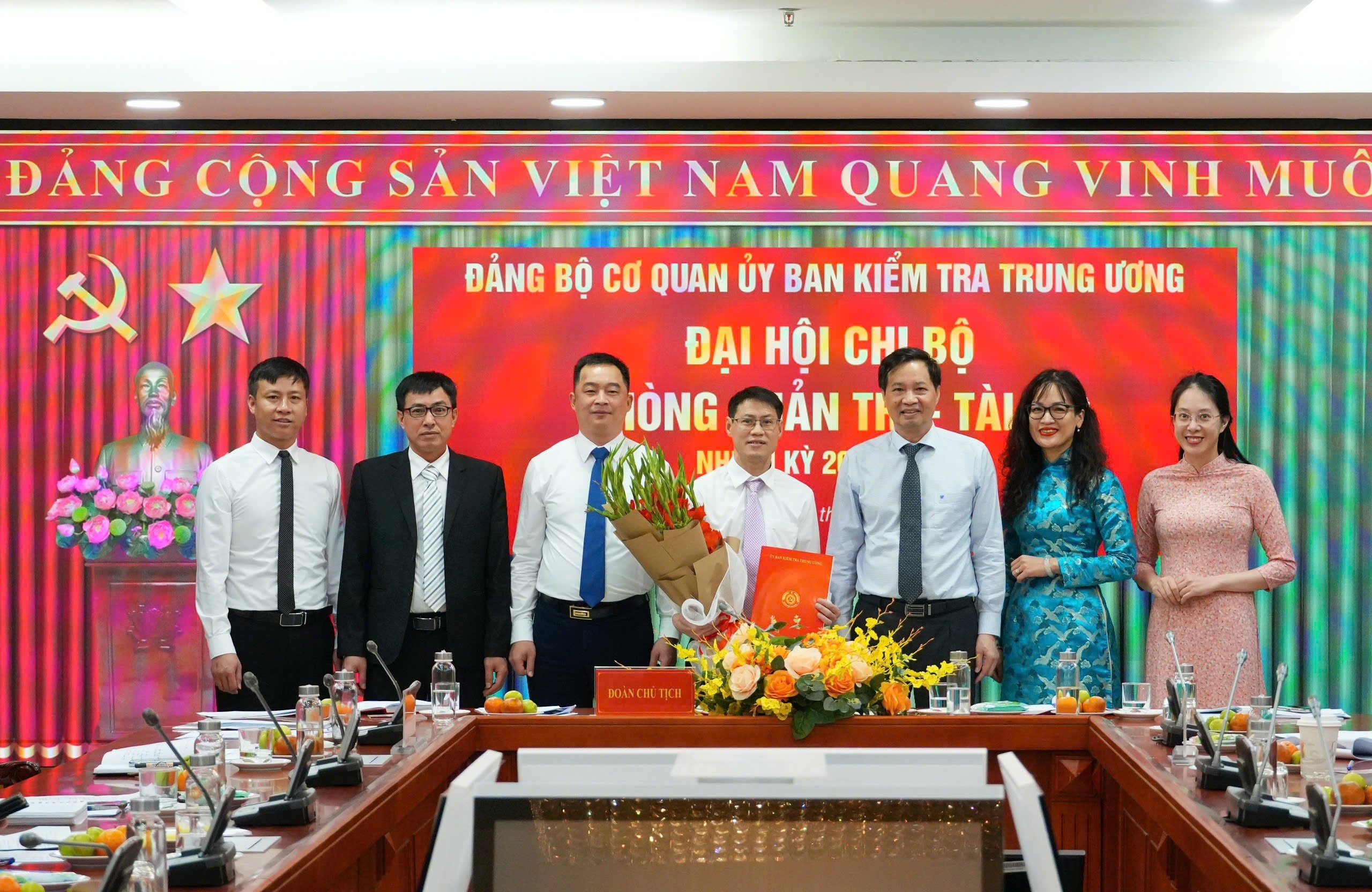
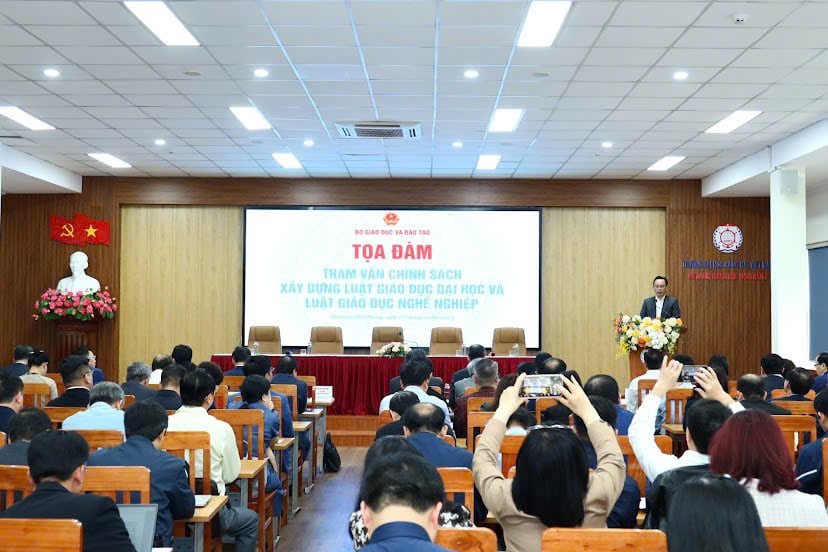

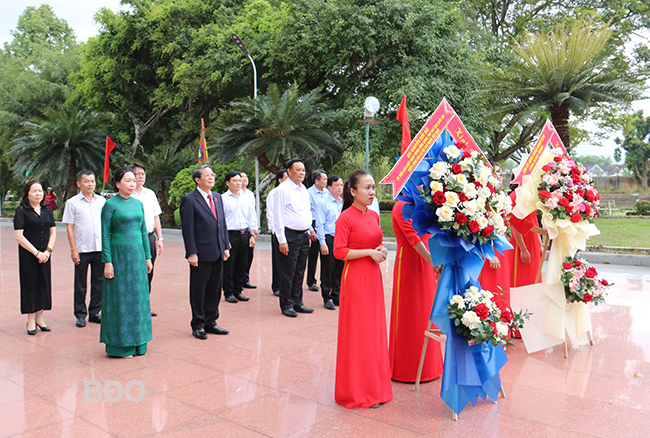


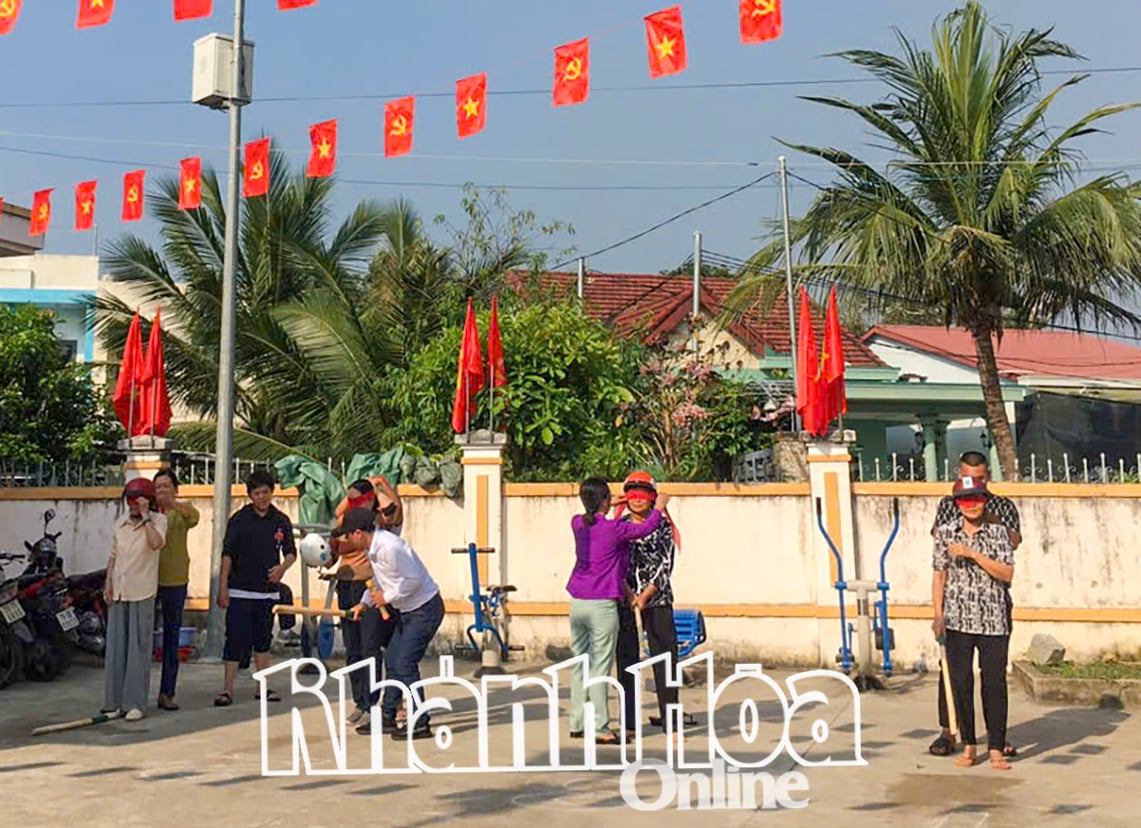


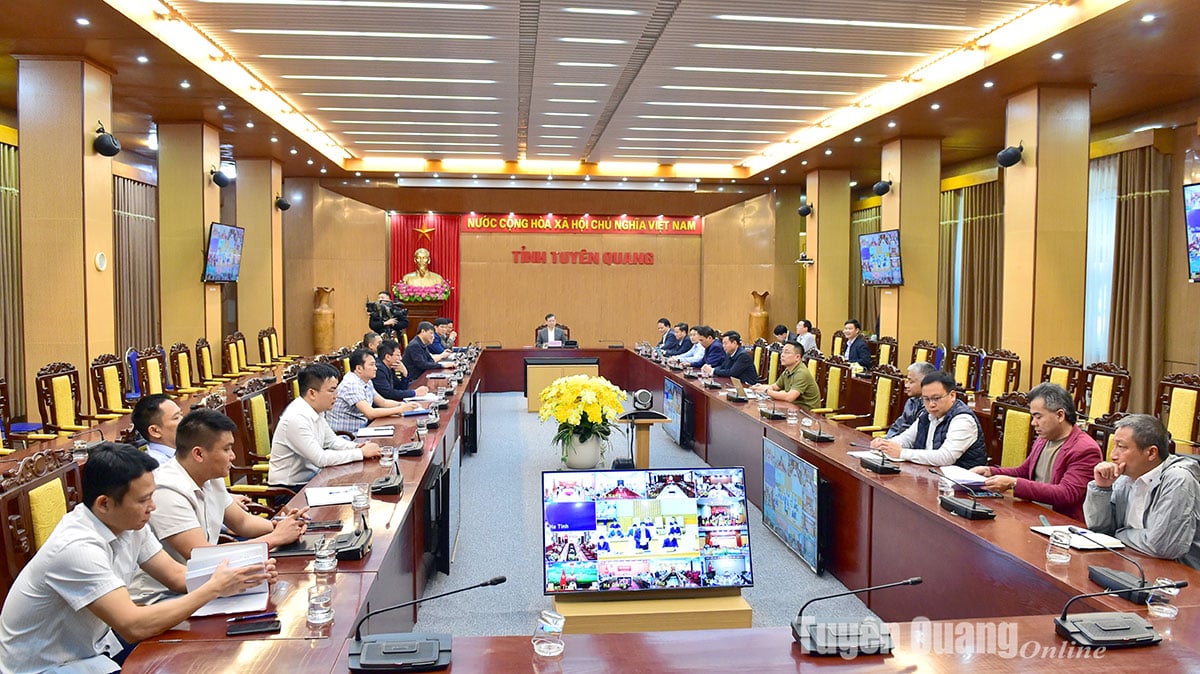



![[REVIEW OCOP] An Lanh Huong Vet Yen Cat](https://vstatic.vietnam.vn/vietnam/resource/IMAGE/2025/3/27/c25032328e9a47be9991d5be7c0cad8c)







Comment (0)